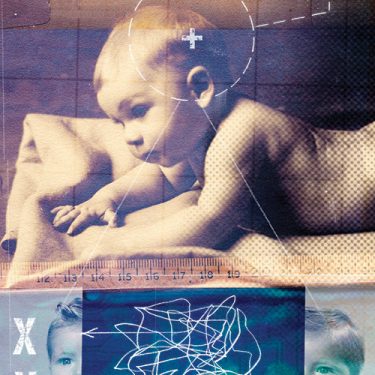Research could bring relief to people with Down Syndrome
 Certain medical problems experienced by people with Down Syndrome may eventually be helped because of a research breakthrough at the UW.
Certain medical problems experienced by people with Down Syndrome may eventually be helped because of a research breakthrough at the UW.
People who have Down Syndrome have three copies of chromosome 21 rather than the typical two copies. A triplicate of any chromosome is called a trisomy— Down Syndrome being the most common in live births. A postdoctoral fellow in the Division of Hematology, Li B. Li., and gene therapy researchers David W. Russell and Thalia Papayannopoulou, describe the removal of the extra copy of chromosome 21 in cell cultures grown from a person with Down Syndrome in a recent report.
“We are certainly not proposing that the method we describe would lead to a treatment for Down Syndrome,” Russell said. “What we are looking at is the possibility that medical scientists could create cell therapies for some of the blood-forming disorders that accompany Down Syndrome.”
People with Down Syndrome are prone to heart defects and some forms of blood cancer. The hope is that Down Syndrome leukemia patients might have stem cells taken from their own cells cultured and modified; then they could receive a transplant from these stem cells—minus the extra chromosome—to treat the cancer.